Outmaneuvering War: The Power of Refusing to Participate
The power of refusing to participate in the face of endless conflict, our greatest weapon is our ability to say no.
Standing a mere 5 foot 4 and barely tipping the scales at 100 pounds, my great grandfather, Major General Frederick Funston, was the epitome of irony - a diminutive man who cast a towering shadow over the U.S. military at the turn of the 20th century. Though his name may be lost to history for most Americans today, a century ago, the mere mention of "Fighting Fred Funston" conjured up a larger-than-life figure in the minds of young and old alike - a pint-sized dynamo brimming with adventurous spirit and a trove of tales to match after exploring the Dakota Badlands, Death Valley, and in Alaska - who I have covered in an earlier Substack HERE. He was the son of a towering 6'4 Senator and Congressman Edward "Foghorn" Funston (now you know where the origins of the Foghorn Express derive from).
At age 35, Frederick would be made the youngest general in the U.S. Army at the time after beginning his military career in a most unconventional way - by joining the Cuban Revolutionary Army fighting for independence from Spain in 1896. Over the course of 23 months, this 5-foot-nothing titan fought in 22 battles, had 17 horses shot out from under him, was wounded multiple times, and survived malaria and coughing up blood before being sent home weighing just 80 pounds: Beginning Funston’s military career.
Later known as "Fearless Fred," Funston had a remarkable military career that included serving in the Cuban Revolutionary Army, earning the Medal of Honor during the Philippine-American War, and capturing Filipino rebel leader Emilio Aguinaldo in 1901, bringing the war to an unexpected and early end. This bold military move led to his promotion to Brigadier General at the young age of 35.
However, his most notable achievement came during the 1906 San Francisco earthquake and inferno, where he commanded the Presidio. Funston immediately mobilized troops within minutes, took charge of relief efforts, and directed the dynamiting of buildings to create firebreaks. His decisive actions in establishing communications, sanitation, medical facilities, housing, and restoring order to the devastated city earned him the title "The man who saved San Francisco."
In this video compilation, General Frederick Funston gives his personal account of the devastating 1906 San Francisco earthquake and the firestorm that followed:
Although controversial, streets and forts in San Francisco were named in his honor in recognition of his heroic efforts.
By the time of his death in 1917, Frederick was the highest-ranking military official in the U.S. Army, commanding such great figures as John Pershing, Douglas MacArthur, George Patton, and Dwight D. Eisenhower, all famous Generals later.
Frederick was known for his controversial yet creative military moves that would bring wars and excursions to an early end—not exactly popular with the bankers and burgeoning military-industrial complex. This context makes one of his most famous sayings all the more ironic:
Never start a fight with a man you can't outrun.
General Frederick Funston
Coming from a general known as "fearless," this is pretty funny.
However, these words ring especially true today as we are embroiled in endless global conflicts, particularly in Ukraine and the Middle East. As citizens, we often feel powerless to effect change, waiting for someone to permit us to exit these endless wars. But history shows us that we have the power to say "no" to fighting, just as soldiers on the battlefield have done before.
Take the Christmas Truce of 1914, for example. In the midst of World War I, soldiers on both sides laid down their weapons and came together in a brief moment of peace and humanity. Or consider the Vietnam War, where thousands of Americans refused to fight, choosing prison or exile in Canada instead.
During WWI, A German lieutenant wrote that he saw "the incredible sight of our soldiers exchanging cigarettes, schnapps and chocolate with the enemy."
FINDING THE EXIT
Ironically, my great-grandfather didn't shy away from battle, but he knew how to choose battles carefully. As understood, Funston realized that sometimes the bravest thing a general can do is to look for the exit strategy which is to stop, or never engage to begin with. He recognized when a fight could not be won or when the cost was simply too high. This is a lesson we can all apply in our own lives and in our role as citizens. We are not going to win this by fighting fire with fire.
We may not be able to outrun the war machine, but we can outmaneuver it by refusing to participate. By thinking like a general and identifying the exit strategy to the current geopolitical and national mess we find ourselves in, we can take matters into our own hands and bring these endless wars to a close. Focus our energies on building our communities, networks, and local economies and not joining senseless wars that only serve the bankers. Ultimately, decentralizing centralized and weaponized global powers is crucial, and we can do this by not joining the engineered wars..
It starts with recognizing our own power and agency. We don't need to wait for permission from those in charge. We can take a stand, just as those soldiers did during the Christmas Truce or the Vietnam War.
We can refuse to buy into the propaganda and fear-mongering that keeps these conflicts going. We can demand that our leaders prioritize diplomacy and peaceful resolution over military might. We can build communities and communities of resistance, supporting those who take a stand against war.
As Frederick Funston's life shows us, sometimes the most heroic thing we can do is lay down our weapons, or never pick them up, and simply say "no." It may not be the easiest path, but it is the one that leads to a more peaceful and just world.
So let us take inspiration from this unlikely hero, a man who understood the true cost of war and had the courage to speak to truth, "don't start a fight with a man you can't outrun." Let us think like generals, not in terms of conquest and domination, but in terms of strategy, wisdom, and the pursuit of peace.
The choice is ours. We can continue down the path of endless war and destruction, or we can chart a new course without the consent of our so-called leaders. We can be the ones to say, "Enough is enough," and demand a better way forward.
It won't be easy, but as Frederick Funston showed us, even the smallest among us can make a big difference. All it takes is the courage to stand up for what we believe in and the wisdom to know when it's time to walk away.
The future is in our hands. Let us have the courage to shape it into one of peace, justice, and human dignity. Let us think like generals and look for the exit strategy from a dying system of war, knowing that the greatest victory of all is the one that brings us closer to a world where war is nothing more than a distant memory.
If you find these interviews and articles informative, please become a paid subscriber for under 17¢ a day. I don’t believe in paywalls, but this is how I make a living, so any support is appreciated. Either way…. it’s available to you….





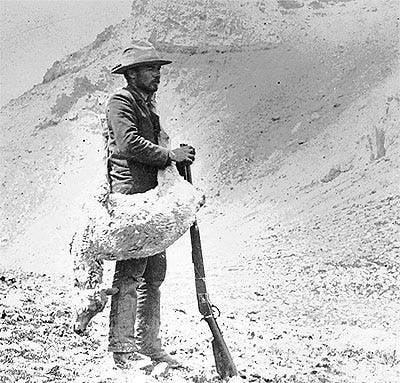
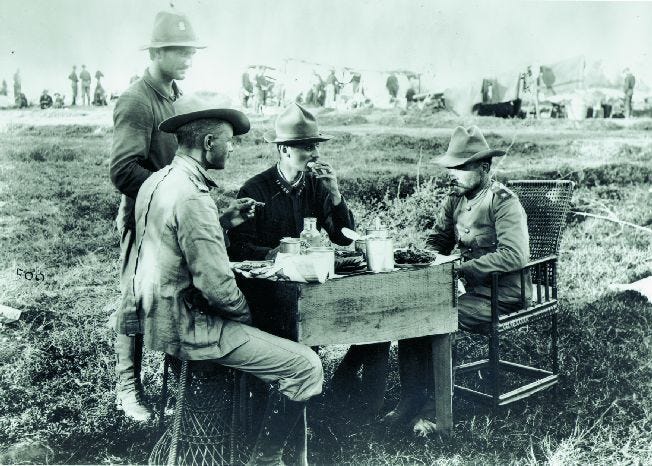
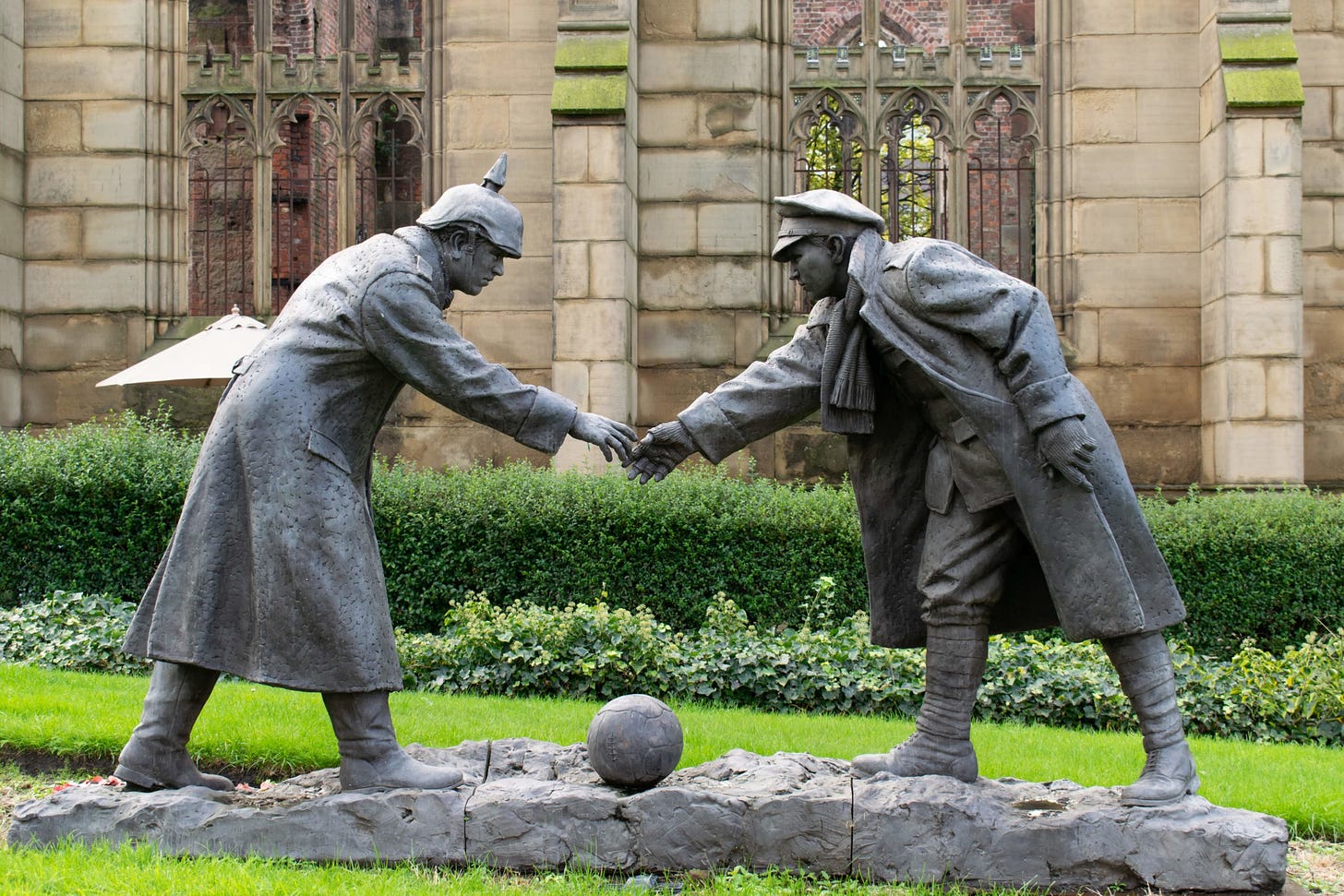
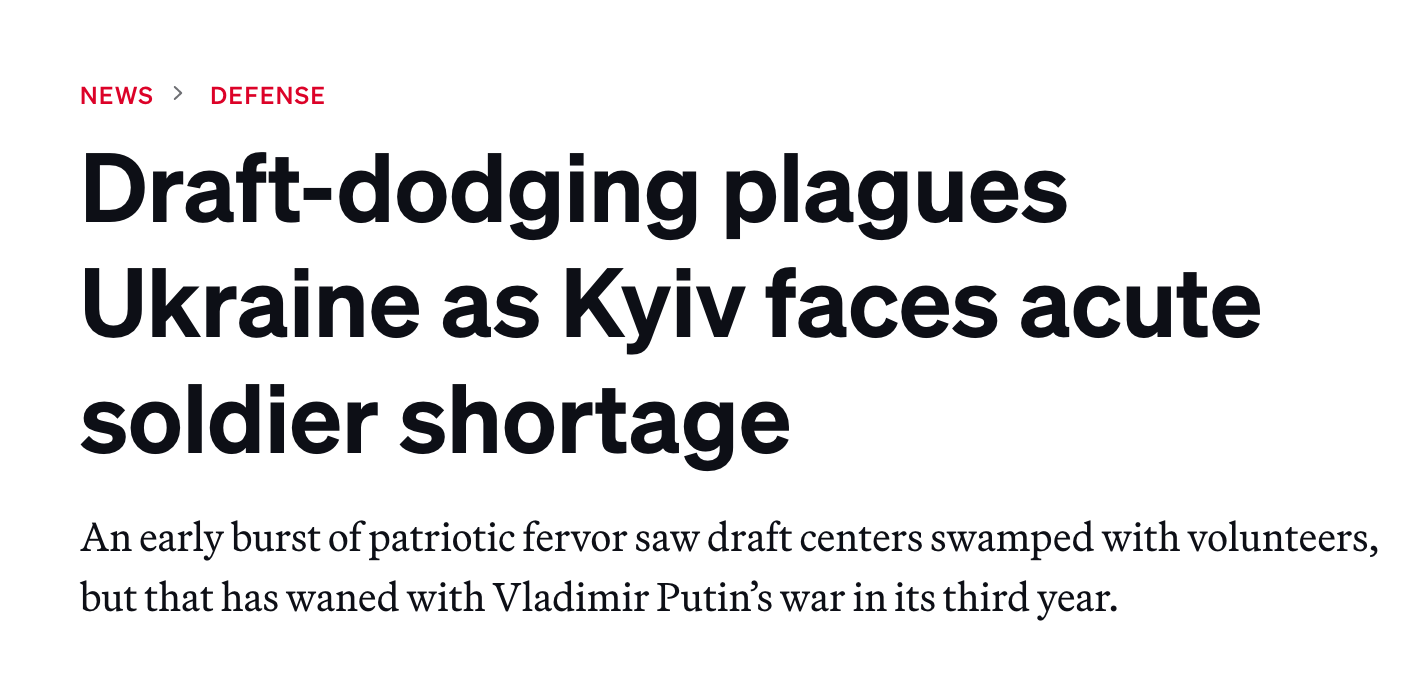
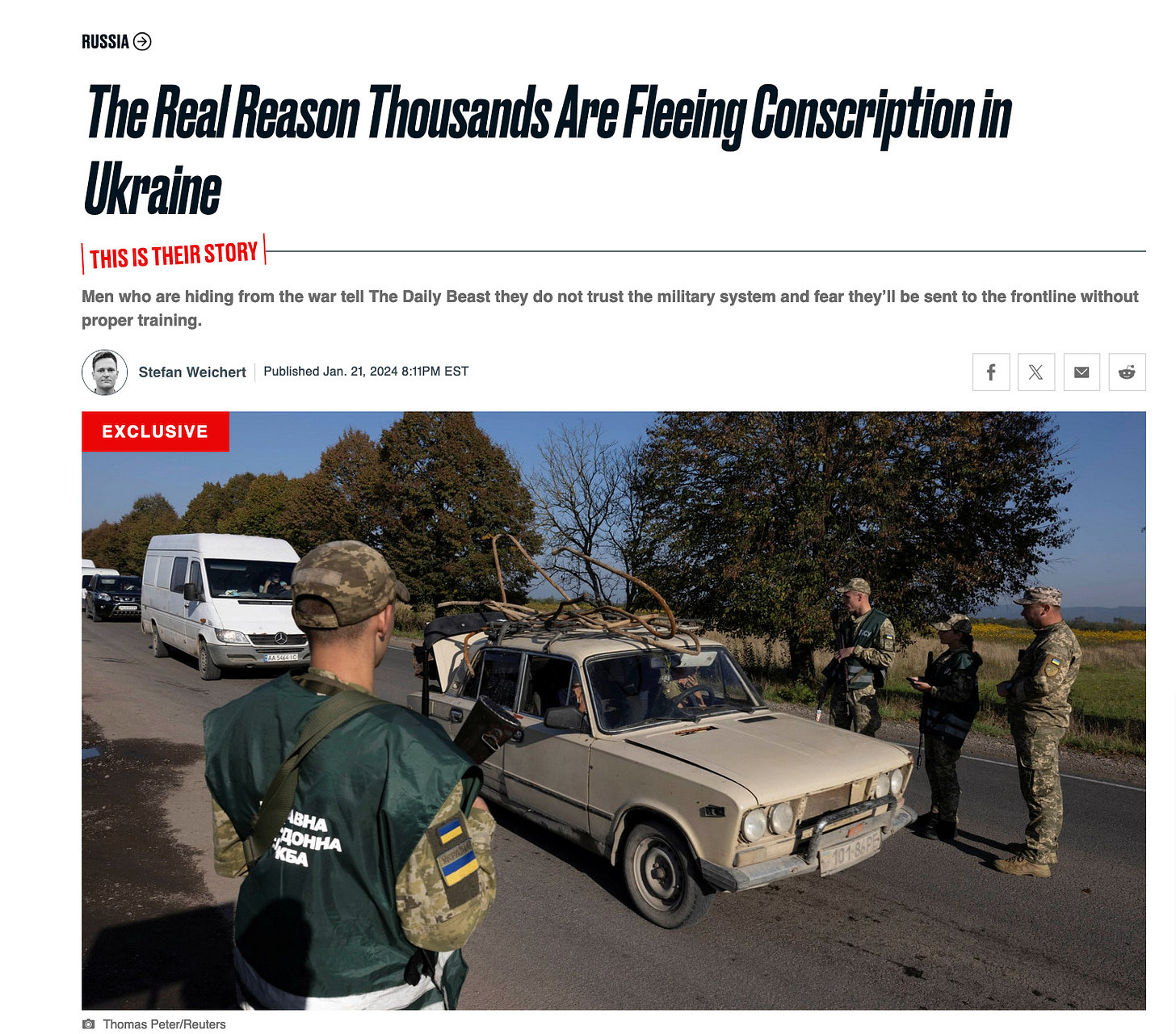
Outmananeuver the government by downsizing your digital world. Say no to the goog which is the main government tracking system.
Blessed are the peacemakers for they shall be called the sons of Elohim Matthew 5:9 📖🙏